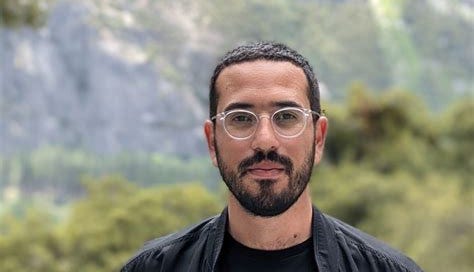Toward Nakba as a Legal Concept
~may censorship point always to the leverage points that can move us towards the more beautiful world our hearts know is possible
I don't write what I'm carrying as often as I would like, perhaps waiting for some holy fire to strike me into knowing what MUST be written. That happened around the Natural Asset Companies moment a little while back. I am formulating something about regional expressions of intention and material flow that support self-determination of a People of a Place, organizing strategies to encourage effective intra-regional collaboration, meeting of needs, the possibility of autonomy as the global powers that be jerk the wheel more violently in a direction I know I don't want to go. And then I stumbled into this, today, Toward Nakba as a Legal Concept by Rabea Eghbariah. Thank you Rabea Eghbariah and the staff of the Columbia Law Review.
Thanks to The Intercept for cluing me in to the Columbia Law Review piece that so frightened its board of directors that, when the editors refused to take down the article, the directors pulled the plug on their entire website. Gratitude to The Intercept for this link <https://static.al2.in/toward-nakba-as-a-legal-concept.pdf> to the full censored article. Please read and share it.
The article conceives of The Nakba, and on-going nakba, as a unique legal concept which overlaps but is not congruent with “genocide” “apartheid” or “occupation.” It has the power to allow legal vision which includes the full reality of the situation for Palestinians, as ethnically not-fully-cleansed-yet, as fragmented but present, as massacred, as refugees, and as various legally-constituted gradations of second-class citizens. It has the power to allow honest appraisal of the way Zionism requires Nakba, and the way Zionism's Nakba forecloses any possibility of being an Arab Jew, as was once possible, before 1948, remembering the time when people of many religious traditions within the Middle East shared land and national political entities. Please read it.
The article is now up on the Columbia Law Review site, and as reported by Intercept’s follow-on piece, it’s circulation is vastly greater than most law review articles ever see. May censorship only serve to highlight the true points of leverage for bringing about the more beautiful world our hearts know is possible.




